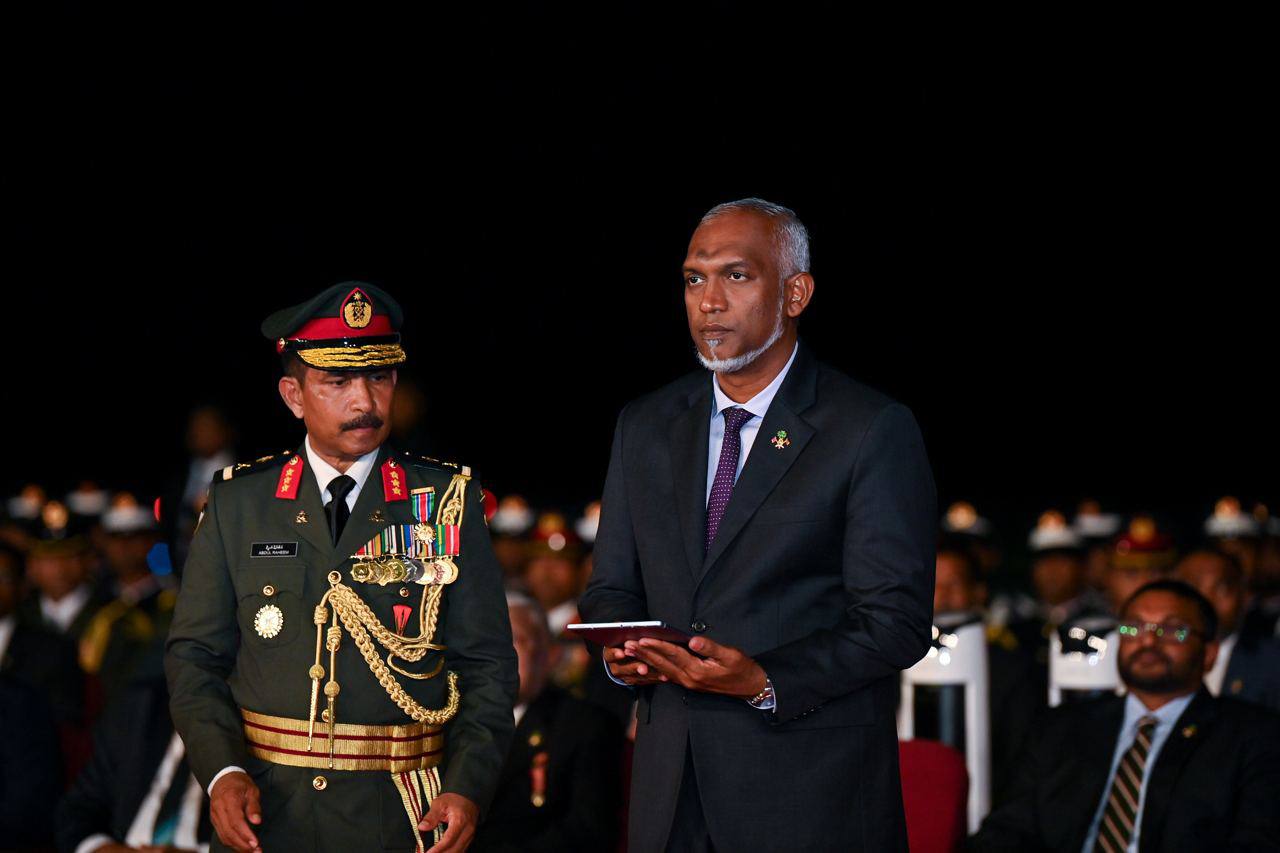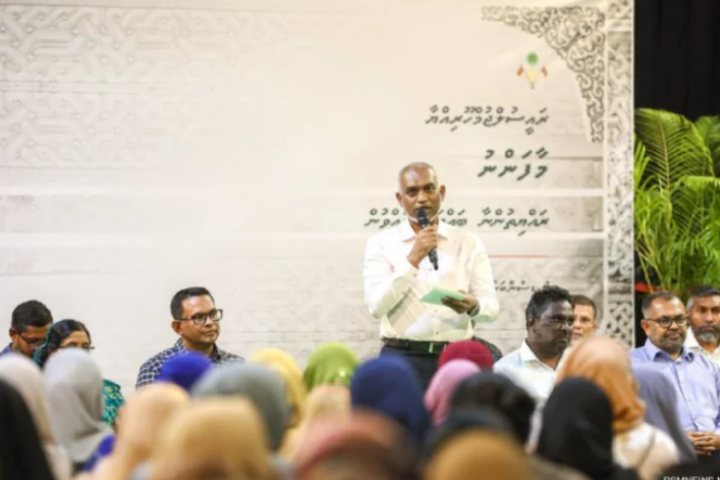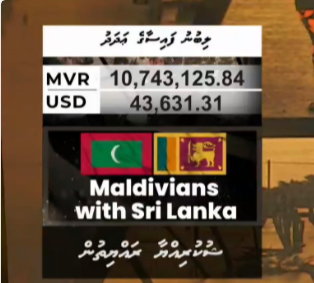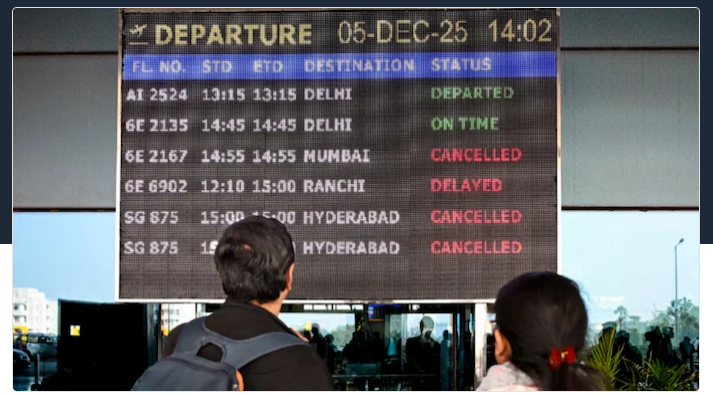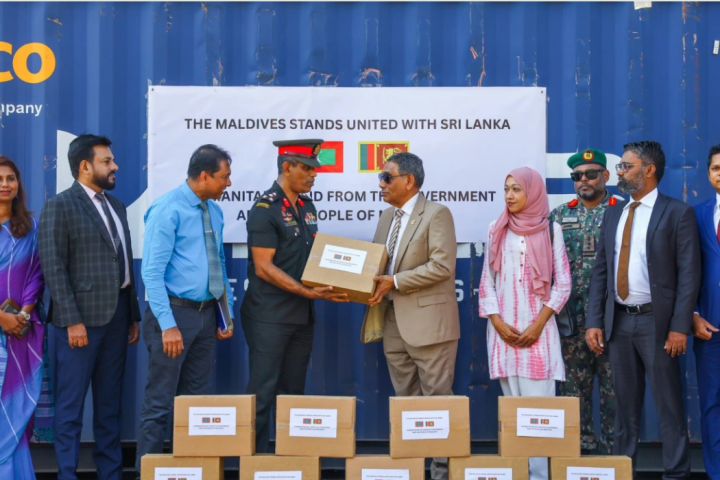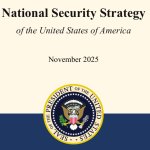In a notable departure from conventional diplomatic norms, a retired military figure is assuming an ambassadorial role to advance diplomatic interests in Turkey. The Maldives, historically cautious in such appointments, now signals a paradigm shift by extending a diplomatic overture to Turkey, aiming to strengthen Ankara’s influence in the Indian Ocean
Under the guidance of President Muizzu, who is sculpting a nuanced foreign policy agenda, the appointment of recently retired defense chief Abdul Raheem Abdul Latif as the Maldivian envoy to Ankara underscores a strategic depth. Pending parliamentary approval, Abdul Latif’s transition from military service to diplomacy adheres to legal mandates dictating retirement at the age of 60.
While Turkey’s economic sway in the Maldives may presently be limited, the proposal to establish the first Maldivian embassy in Ankara signifies a notable realignment. This departure from earlier intentions to establish an embassy in Moscow reflects the Maldives’ support for Turkey’s expanding ambitions in the Indian Ocean and suggests a concerted effort to solidify Turkey’s maritime presence in the IOR.
Currently, Turkey’s largest overseas military outpost is in Somalia. Since its establishment in 2017, Turkey’s military base in Mogadishu has become its largest overseas military installation and its inaugural presence in Africa. Hosting approximately 200 Turkish military personnel, the base is primarily dedicated to training and capacity-building efforts with Somali forces.
Strategically, this base provides Turkey with a significant foothold in the Horn of Africa, overseeing crucial maritime territories including the Gulf of Aden and the northwestern Indian Ocean. Its strategic positioning enables Turkey to project military influence into these vital regions.
The primary objective of the Turkish base is to bolster Somalia’s efforts against the al-Shabab militant group and support the rebuilding of Somali security forces. Turkish trainers are actively engaged in enhancing the operational effectiveness of Somali soldiers while establishing indigenous training infrastructure.
Representing Turkey’s most substantial overseas deployment, the base occupies a significant compound within Mogadishu, featuring training facilities, accommodations, and force protection measures. Turkey’s substantial investment in the construction of this pivotal installation underscores its commitment to its strategic objectives in the region.
Beyond its military role, Turkey has adopted a multi-faceted approach to its engagement in Somalia, encompassing humanitarian aid provision, contributions to infrastructure development projects, and initiatives aimed at promoting Turkish language and culture.
While primarily focused on supporting Somalia, Turkey’s presence in Mogadishu underscores its role as a significant foreign actor in the Horn of Africa and the broader East Africa and Indian Ocean regions. It symbolizes Turkey’s ambitions for maritime power projection capabilities beyond its immediate vicinity.
The strategic implications of closer ties between Turkey and the Maldives reverberate across geopolitical fault lines, offering Ankara a multifaceted pathway into the Indian Ocean region. Nestled in the central Indian Ocean, the Maldives could provide Turkey with a crucial strategic foothold, complementing its existing presence in the Horn of Africa.
Enhanced cooperation between Turkey and the Maldives could potentially grant Turkey access to Maldivian ports and airfields, extending its naval and logistical capabilities in the Indian Ocean. Bilateral agreements on military training and joint exercises could further amplify Ankara’s influence in the region.
Yet, this emerging partnership is not devoid of its geopolitical complexities. India, asserting its dominance over the Indian Ocean as its sphere of influence, may closely monitor external military encroachments in the region. Heightened Turkey-Maldives collaboration could elicit cautious responses from regional powers, necessitating delicate diplomacy.
President Muizzu’s inaugural visit to Turkey underscores the accelerating momentum behind this burgeoning partnership. Amid diplomatic engagements, the procurement of Turkish-made Bayraktar drones and ongoing negotiations for a free trade agreement signify tangible steps towards deeper collaboration.
As Turkey strategically maneuvers to expand its footprint across the Indian Ocean, the Maldives emerges as a pivotal ally, providing Ankara with a gateway to navigate the intricate maritime landscape. If adeptly managed, this alliance holds the potential to reshape regional dynamics, augmenting Turkey’s strategic posture amidst evolving geopolitical currents.
